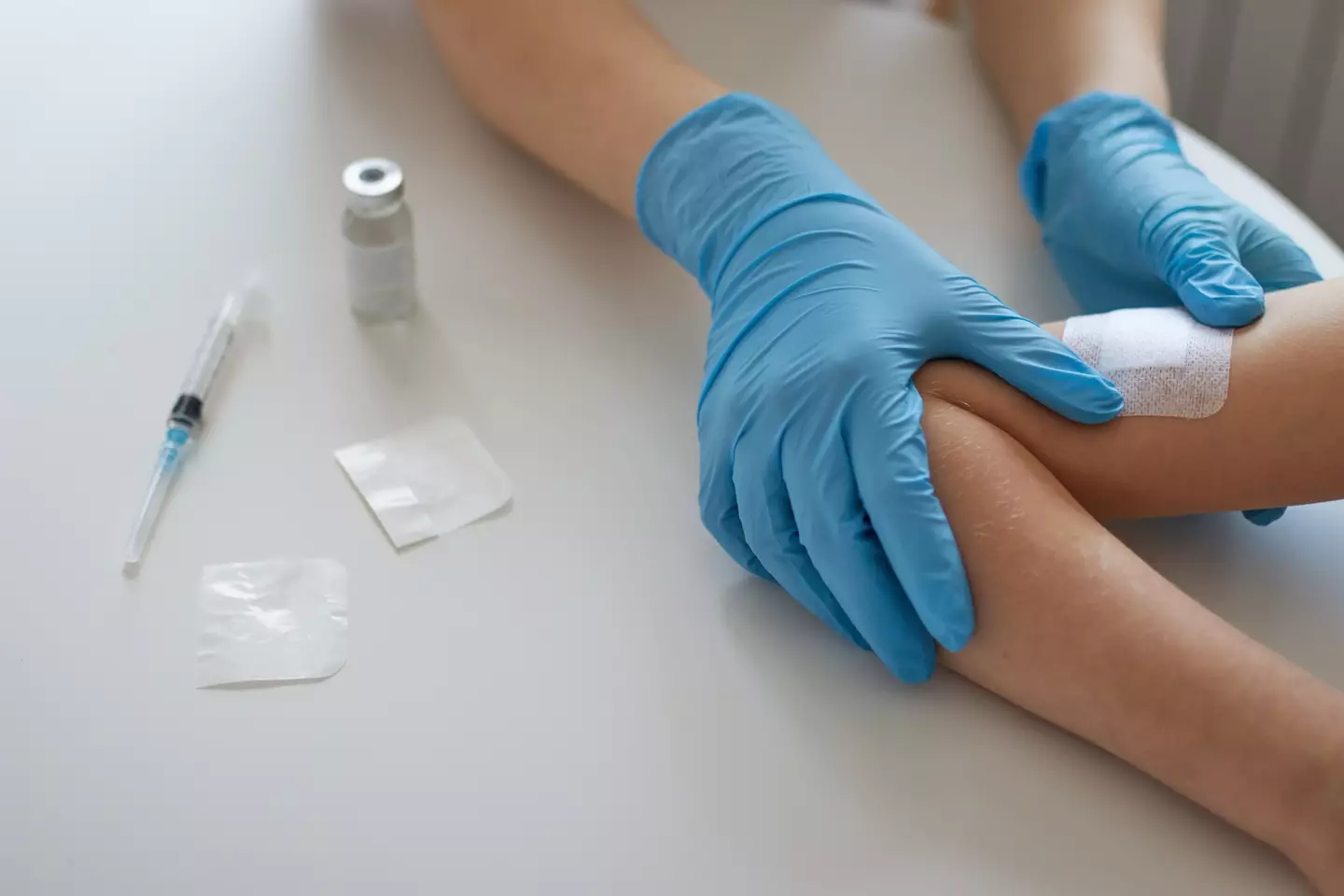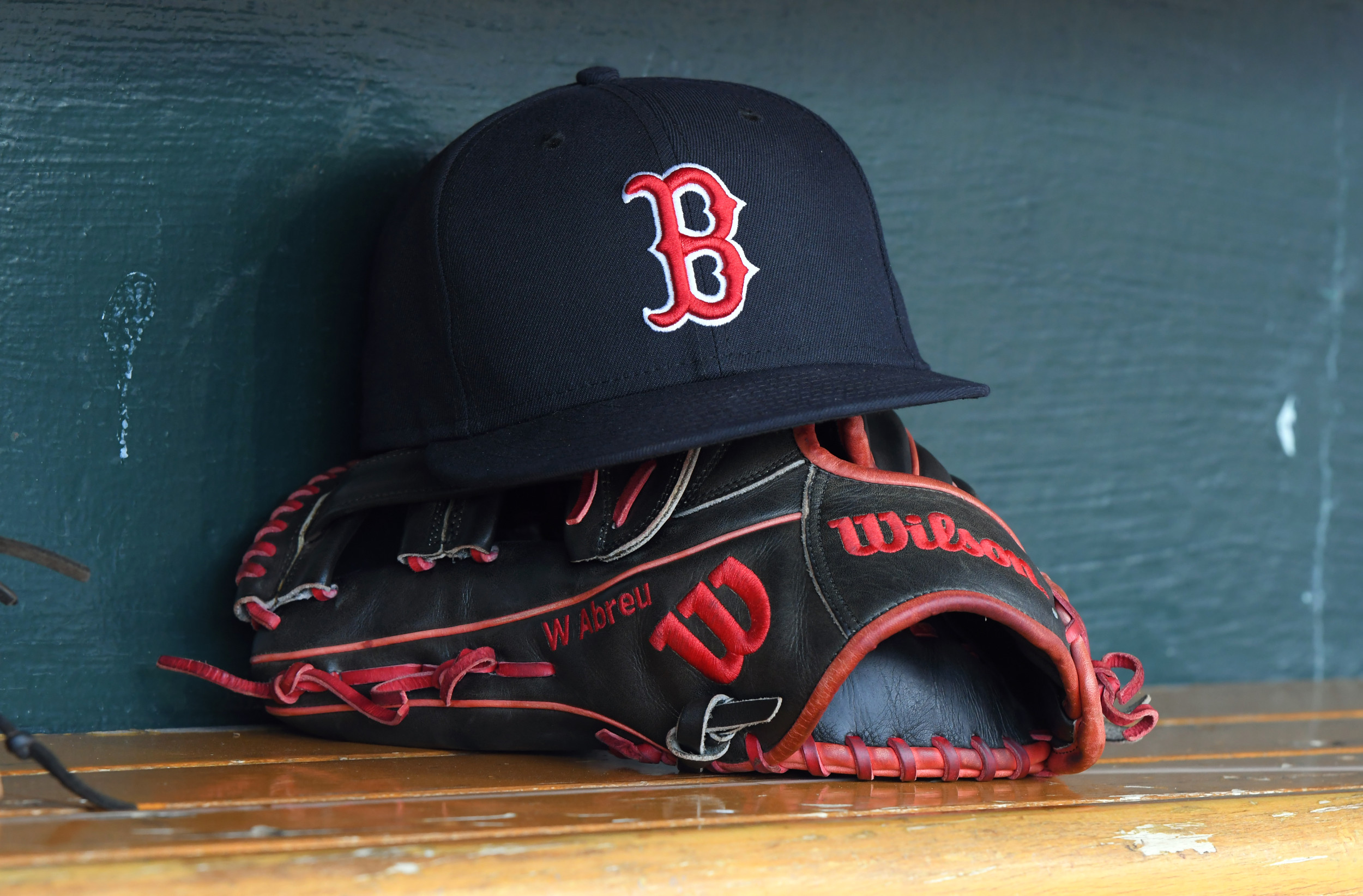The NHS has provided guidance on how to spot the illness that cost a teenager her life after she contracted it at a music festival.
Livia Wilson was just 19 back in June 2022, when she got back from the popular Parklife festival in Manchester with her friends.
Wilson complained of being in pain, which her mother dismissed as she thought she'd 'overdone it' at the event.
Sadly, the teenager died in her sleep on 15 June, 20222, at her home in York, after being sent home from work and taking paracetamol.
The cause of the teenager's death was revealed 16 weeks later, as test revealed that she had contracted the deadly bacterial illness known as meningitis B.

The teenager sadly died after falling ill with Meningitis (SWNS)
After the bacteria has made it into your system, it starts to target the brain and spinal cord, potentially causing further health complications, or death.
Wilson's mother, Alison, has urged parents across the UK to get their teenagers vaccinated, so how can you spot symptoms of the illness, and what vaccinations can help to protect your immune system from Meningitis B?
What is Meningitis?
According to the NHS, is the infection of the 'protective membranes' surrounding the brain and spinal cord, and it is most common in babies, young children, teenagers and young adults.
If not treated quickly, it can result in permanent damage to your brain or nerves, or life-threatening sepsis.
Symptoms and causes of meningitis
It's important to be aware of any of these, as they can develop quickly.
Here's what to look out for:
- A fever
- Vomiting
- A headache
- A rash that doesn't fade when a gloss is rolled over it
- A stiff neck
- Disliking bright lights
- Drowsiness/unresponsiveness
- Seizures
They can appear in any order, and you won't always get all the listed symptoms.
Usually caused by a bacterial or viral infection, it can be spread through sneezing, coughing and kissing.
The illness is normally caught from people carrying the viruses or bacteria in their bodies, but aren't ill themselves, which means it can easily spread while sharing things like drinks, food, utensils and toothbrushes.

There are vaccinations you can take to prevent against the illness (Getty Stock Photo)
Vaccinations to protect against meningitis
There are a few vaccinations you can take at different times in your life to protect yourself from meningitis:
- MenB vaccine - this is given to babies at eight weeks, followed by another at 16 weeks and a booster after a year.
- 6-in-1 vaccine - given to babies at eight, 12 and 16 weeks of age
- Pneumovovval vaccine - two doses given to babies at 12 weejs and one year, with a single dose given to adults aged 65 and above.
- Hib/MenC vaccine - given to babies after one year
- MMR vaccine - given to babies after one year, and a second dose at three years and four months
- MenACWY vaccine - given to teenagers, six formers and first year university students before starting 'freshers'
The NHS recommends that the MenB vaccines are taken on time to protect your children from an early stage.




















 English (US) ·
English (US) ·